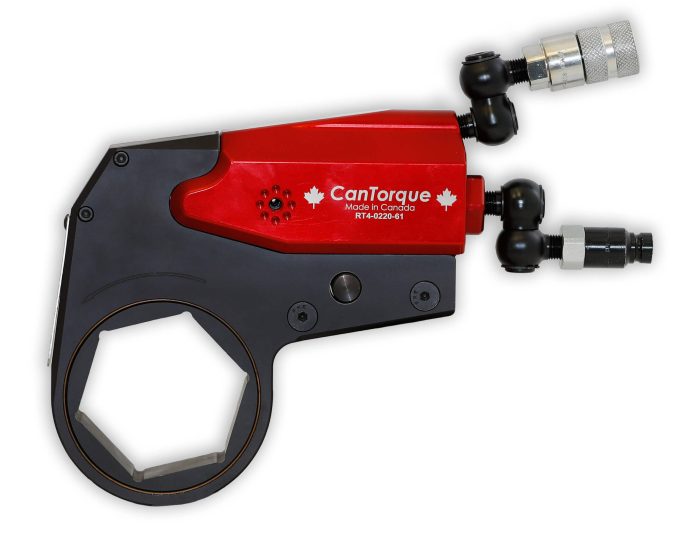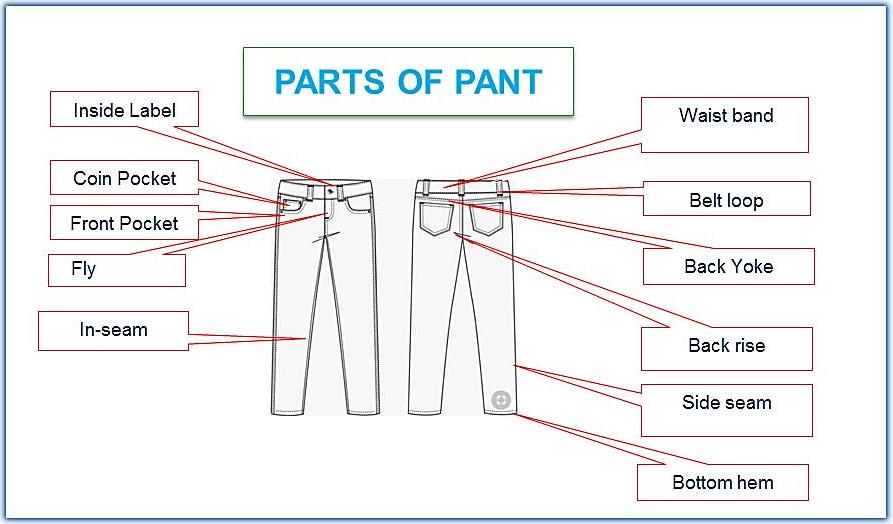A hydraulic torque wrench is a power tool that uses hydraulic force to generate very high torques for tightening or loosening fasteners. Compared to standard ratchet torque wrenches, hydraulic wrenches can deliver significantly higher torques efficiently thanks to the power of hydraulics. This makes them well suited for heavy duty bolting applications such as in the oil and gas, construction, mining, or wind energy industries.
However, these high torque capabilities come with certain hazards and risks that operators should be aware of. Understanding these hydraulic wrench hazards is key for working safely. This article provides an overview of some of the main types of hazards related to hydraulic torque wrenches.
Physical Hazards
Table of Contents
Using hydraulic torque wrenches can expose operators to various physical hazards:
Noise
Hydraulic wrenches use high pressure hydraulic oil to create force. This involves high pressure pumping that can generate noise levels above 85 dB. Exposure to this level of noise over time can lead to gradual hearing damage.
Vibration
The pulsing action of hydraulic wrenches leads to vibration being transmitted through the tool. Excessive vibration exposure over time can contribute to hand-arm vibration syndrome. This involves circulation and nerve issues in hands and arms.
Ergonomic Issues
The high torques these tools generate means they tend to be heavy, large pieces of equipment. Having to manoeuvre them into position to access fasteners can lead to awkward postures, back strains, and muscular fatigue over time.
Proper hydraulic wrench selection is important to minimise these ergonomic issues.
Chemical Hazards
Hydraulic fluid itself introduces some chemical hazard risks:
Oil Leaks/Spills
Hydraulic hoses and fittings are under extremely high pressure. Any leaks or breaks can spray hot hydraulic fluid out violently. This can lead to slips and falls or even injection injuries.
Fumes
The hydraulic oil also gives off mild petroleum fumes, especially if it becomes overheated. Working in confined spaces increases inhalation exposure risks.
Safety Hazards
These tools also come with certain safety risks:
Unexpected Torque Release
If a hydraulic wrench loses grip on a fastener while under load, all that stored energy gets released suddenly. This can cause operators to lose control of the tool and sustain impact injuries.
Dropped Loads
Attachments like hydraulic bolt tensioners use the hydraulic force to lift massive loads. Any hydraulic failures while loads are lifted high up could lead to uncontrolled load drops.
Environmental Hazards
Finally, hydraulic oil leaks can also pose environmental issues:
Soil & Water Contamination
Uncontained hydraulic fluid leaks can seep into soil and nearby groundwater. This causes contamination with compounds that are toxic for plants and animals.
Properly addressing these hydraulic torque wrench hazards revolves around adequate training, workplace set up, maintenance, and PPE use. Understanding the risks involved is the first step toward working safely with these useful but potentially hazardous tools.





